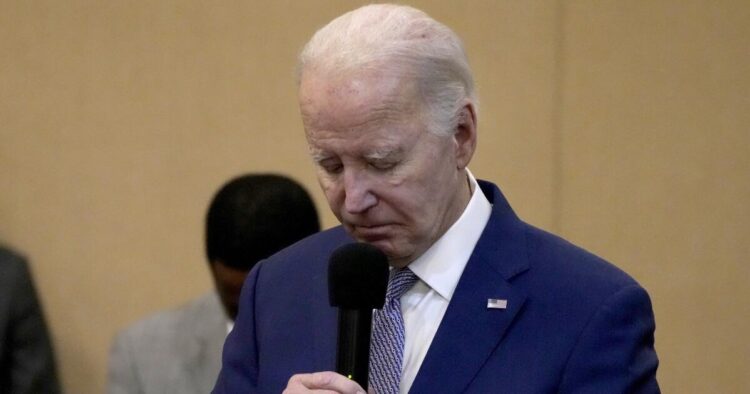In a tragic incident on Saturday night, at least three U.S. service members lost their lives, and many others were wounded in a drone attack near the Jordan-Syria border. President Joe Biden, in a statement on January 28, revealed that the attack was carried out by “Iran-backed” militant groups operating in Syria and Iraq.
This marks the first U.S. fatalities in months of strikes against American forces across the Middle East by Iranian-backed militias. The attacks have been occurring amid the Israel-Hamas war in Gaza, raising concerns about the escalation of tensions in the region.
Hamas, the Palestinian militant group, warned that the death of U.S. soldiers could strain relations between Washington and the Muslim world, potentially leading to a “regional explosion.” President Biden expressed condolences for the fallen soldiers and emphasized the commitment of the United States to fight terrorism.
The attack occurred in northeast Jordan, where U.S. troops have been stationed, and at least 34 personnel are being evaluated for possible traumatic brain injuries. Some wounded U.S. forces were reportedly evacuated for further treatment. Jordan, a key American ally, has not issued an immediate response to the incident.
While details are still being gathered, President Biden stated that the U.S. will hold those responsible for the attack accountable “at a time and in a manner of our choosing.” The President was briefed by Defense Secretary Lloyd Austin, national security adviser Jake Sullivan, and principal deputy national security adviser Jon Finer.
This incident highlights the growing risks faced by U.S. troops in the region, with drone and missile attacks targeting their bases in Iraq and Syria. The attack on Jordan is particularly significant as it marks the first time American troops in Jordan have been targeted during the ongoing conflict in the Middle East.
CNN reported that at least two dozen service members were wounded in the attack. As investigations continue, the situation raises concerns about the potential for further violence and its impact on the already complex geopolitical landscape in the Middle East.

















Comments